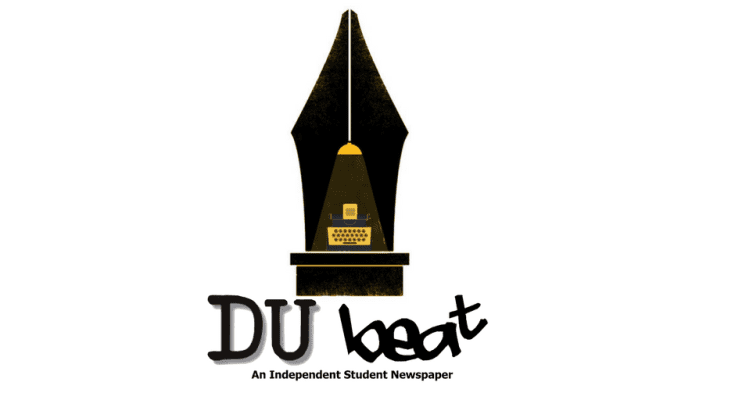From a time when student reporters had to run around to capture pictures of protests and then send them to their copy editor to ensure that it goes for the weekly print issue, to posting live stories on Instagram – our journalism has travelled a long way in the past 10 years. Amidst the chaos of getting quotes from people in various administrative hierarchies, student leaders, documenting the events and happenings around the campus, and raising crucial issues regarding gender and sexual health among students – we have played a major role in initiating conversations through our student journalism in the past decade.
In the words of Kofi Annan, the former Secretary-General of the United Nations, “Information is the first step towards liberation.” Be it through printed copies across colleges or reports on our social media handles, we have tried our best to keep you updated about what all happens in DU, while sincerely hoping that the experience has been as liberating for you as it has for us. Right from raising issues concerning women’s safety in the campus after the Nirbhaya case in 2012 and the haphazard introduction of the Four Year Undergraduate Program in 2013, to raising the issues regarding the right to dissent and debate post the violence at Ramjas College in February 2017 – we have represented students in media and given a voice to the unheard. As completely independent journalists, we have embraced our responsibility, sometimes even at the cost of our safety.
We are an entirely student-run platform – a badge of honour we wear with pride. From ideating stories, writing, investigating, raising funds to print copies, to regular managerial work, every little thing in our organisation is handled solely by undergraduate students. We recruit students, train them to excel in their various fields, and prepare them to work in professional settings. In the past 10 years, students who have worked at DU Beat in various capacities have gone ahead to lead major teams at Google, pursued journalism in globally influential outlets like The New York Times and Huffington Post, excelled in academics as Commonwealth Scholars, and begun their own media initiatives.
Externally, our journalism has also allowed our readers to succeed in their lives post their time at Delhi University. Many students still write to us, detailing how our news about admissions helped them bag a seat in the college of their choice. Inspired by our journalism, many of our readers have gone ahead to pursue a career in journalism, while others have benefited from our humble initiative of an independent student-run media outlet.
After successfully organising Mushaira, the Literature festival of Hindu College on 30th and 31st January with the Hindu College Parliament, to commemorate 10 years of independent student journalism, our team would like to raise a toast to our long-standing relationship with you, dear reader. Let the University and these printed words stand witness to our effort of making our University a more efficient, democratic, and liberating space.
Srivedant Kar
[email protected]



